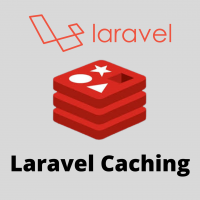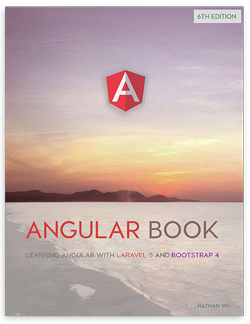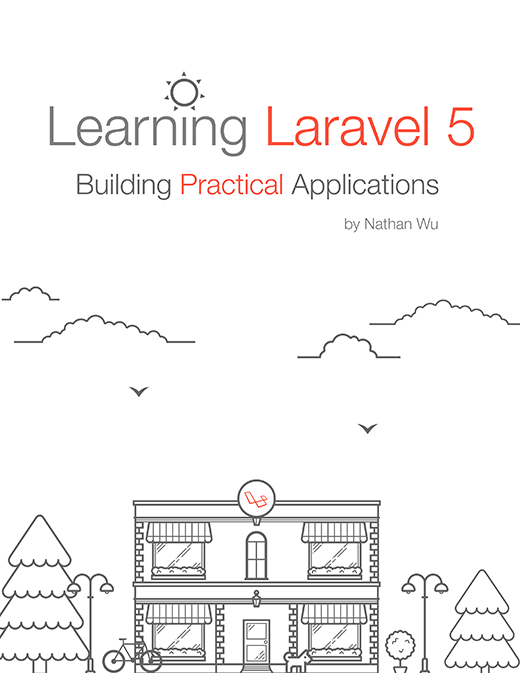Process big DB table with chunk() method
Let’s imagine the situation: you have a big database table (like 10 000 rows or bigger) and you need to run an update to one column. But you cannot run just SQL query – there is some PHP logic behind it. So foreach loop could potentially take forever or bump into a default 30-second script limit. Luckily, Laravel has a neat solution for it.
Let’s look at a simple example of a problem I’m talking about:
$users = User::all();
foreach ($users as $user) {
$some_value = ($user->some_field > 0) ? 1 : 0;
// might be more logic here
$user->update(['some_other_field' => $some_value]);
}Do you see the problem? It’s fine for a DB table with 100 or 500 users. But what about 10000? 100000? Million? It’s not only about the speed, but also about storing the data – you are potentially storing the whole database table into variables, you might run out of memory.
So here’s the thing: there is a function called chunk() which splits all data into separate selects, like pagination.
Let’s look at an example:
User::chunk(100, function ($users) {
foreach ($users as $user) {
$some_value = ($user->some_field > 0) ? 1 : 0;
// might be more logic here
$user->update(['some_other_field' => $some_value]);
}
});Link:
This post is submitted by our members. Submit a new post.
Tags: Tutorials Laravel 5 Laravel 5.1 Laravel 5.2 Beginner Tips


















